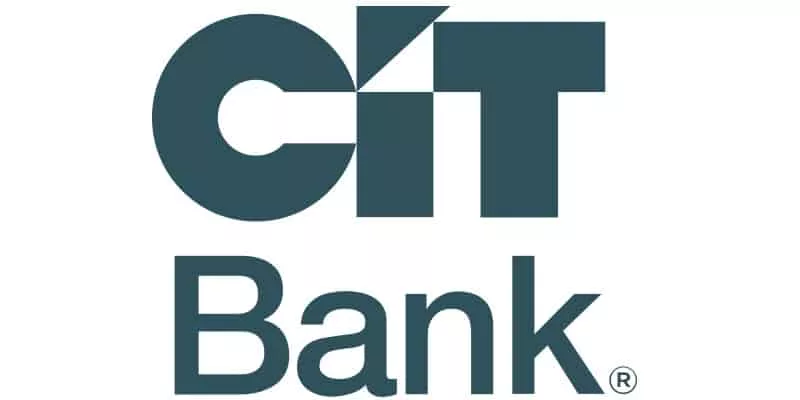Ever wondered how money market accounts work?
Picture this, it's your hard-earned money, but it's doing more than just sitting in a regular savings account. It's working for you, earning you interest, and providing you with more financial flexibility.
That's what a money market account can do.
How money market accounts work?
A money market account, often abbreviated as MMA, is a type of savings account that typically comes with a higher interest rate compared to traditional savings accounts.
- Think of a MMA as a hybrid of a savings account and a checking account.
- As customers deposit funds in a money market account, they earn interest on those funds.
- Interest on money market accounts is typically compounded daily and paid monthly.
- It offers the growth potential of a savings account, with the liquidity of a checking account.
- You can withdraw money, usually up to six times per month without incurring fees
- Many money market accounts offer check-writing capabilities and a debit card, unlike a certificate of deposit.
Now, you might be asking, “What's the catch?” Well, money market accounts often require a higher minimum balance to avoid fees and to earn the advertised interest rate.
Who is the best fit for money market accounts?
They might not be the best fit for everyone, especially if you're just starting to build your savings.
But for those who have a significant amount to save and want a higher return than a regular savings account, a money market account could be a sound choice. Not only does it have the potential to grow your money faster, but it also gives you easy access to your funds, a feature not typically associated with high-yield savings options.
They provide a blend of the growth potential of savings accounts with the liquidity of checking accounts.
Money market account main features
Whether you're saving for a rainy day, planning for a major purchase, or just want your money to work harder for you, a money market account could be a tool to consider.
Here are several features:
- Check-writing capabilities. Some MMAs offer limited check-writing options, while savings accounts generally don't. This feature allows for easier access to your money in MMAs, but exceeding the allowed checks per month can incur fees.
- Transaction limitations. MMAs often come with restrictions on the number of withdrawals or transfers per month, whereas savings accounts typically allow for more frequent transactions.
- Minimum balance. MMAs often have higher minimum balance requirements compared to savings accounts. This can be a barrier if you are starting with a smaller amount of money.
- Debit card access. Some money market accounts come with debit cards, allowing you to make purchases directly from your account. This can be convenient for everyday transactions while keeping your savings separate from your checking account.
- Tiered interest rates. Some money market accounts offer tiered interest rates. This means the higher your balance, the higher the interest rate you earn. This can incentivize saving larger amounts and can be rewarding for consistent savers.
- FDIC-insured. Money market accounts are insured by the Federal Deposit Insurance Corporation (FDIC) up to $250,000 per depositor,
Final takeaway
Money market accounts may require a higher minimum balance to get the most out of them. It's not just about saving; it's about making your money work for you, so consider the fees, if any, when opening a money market account.











